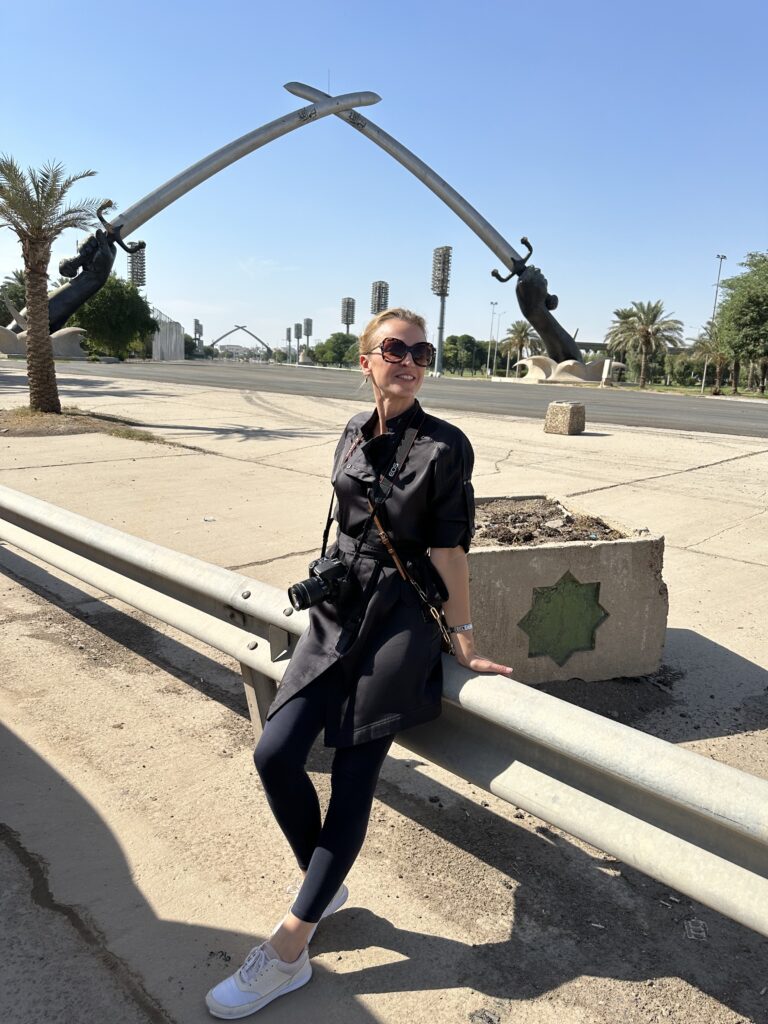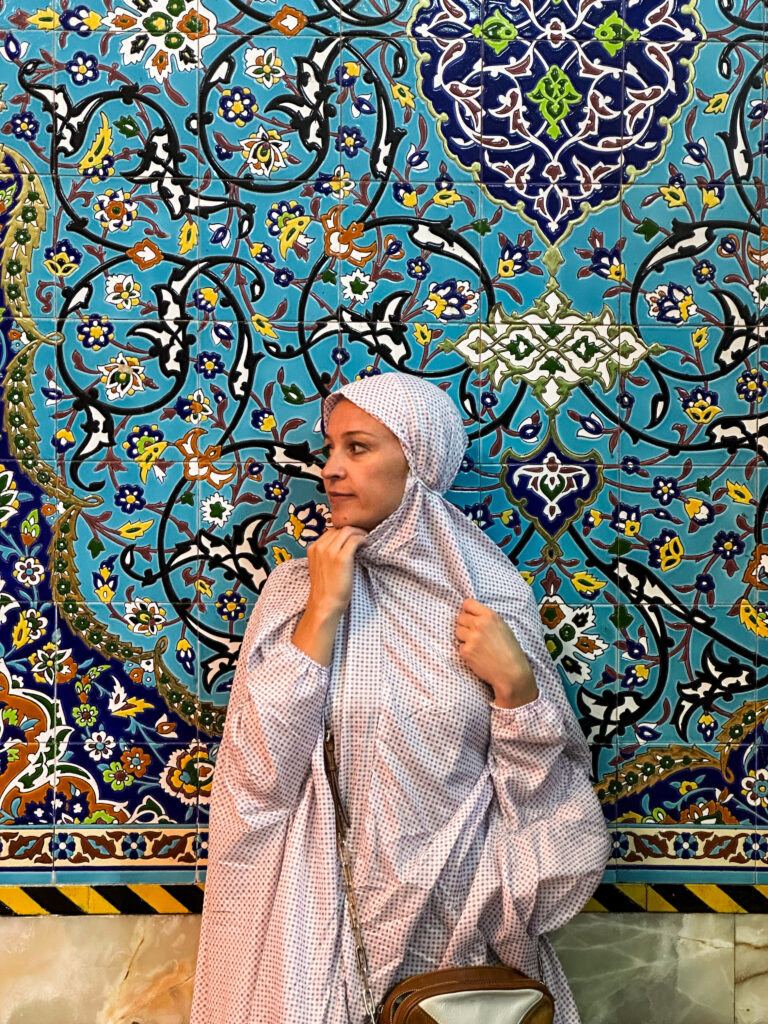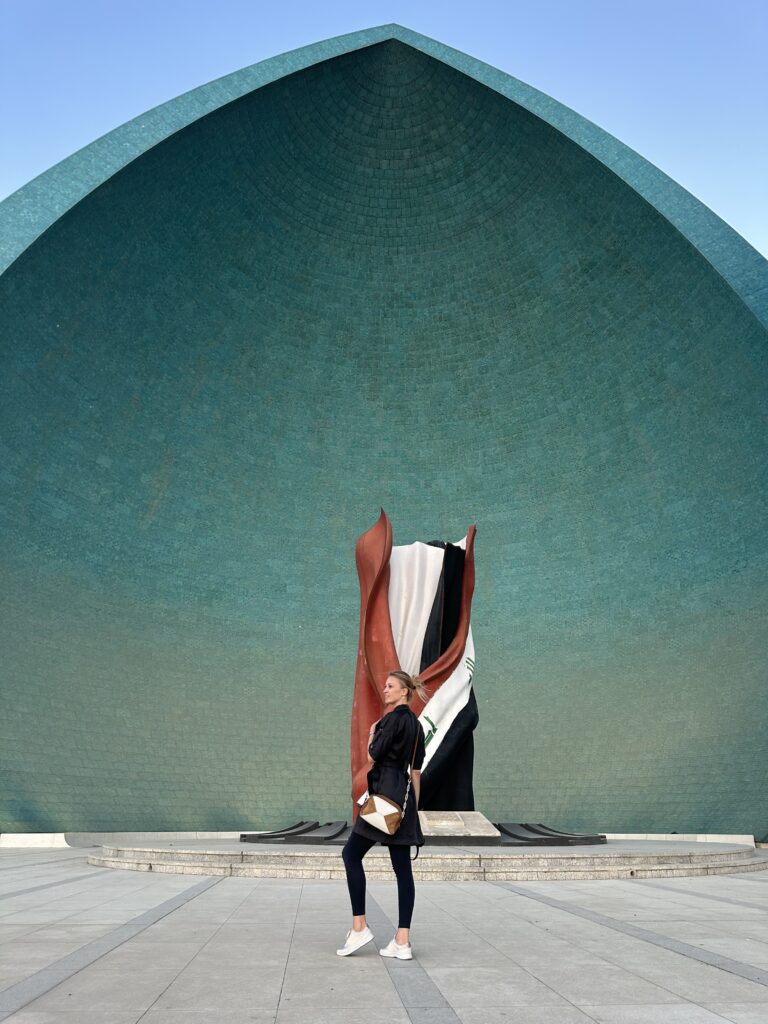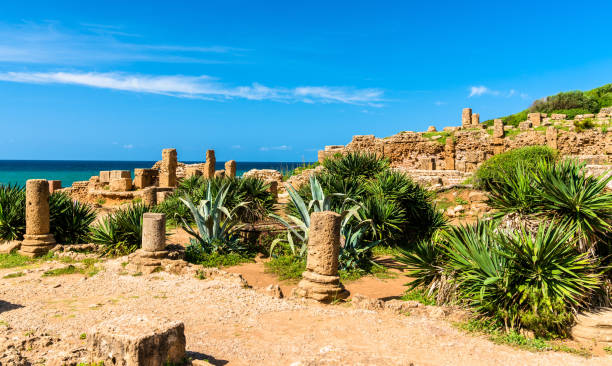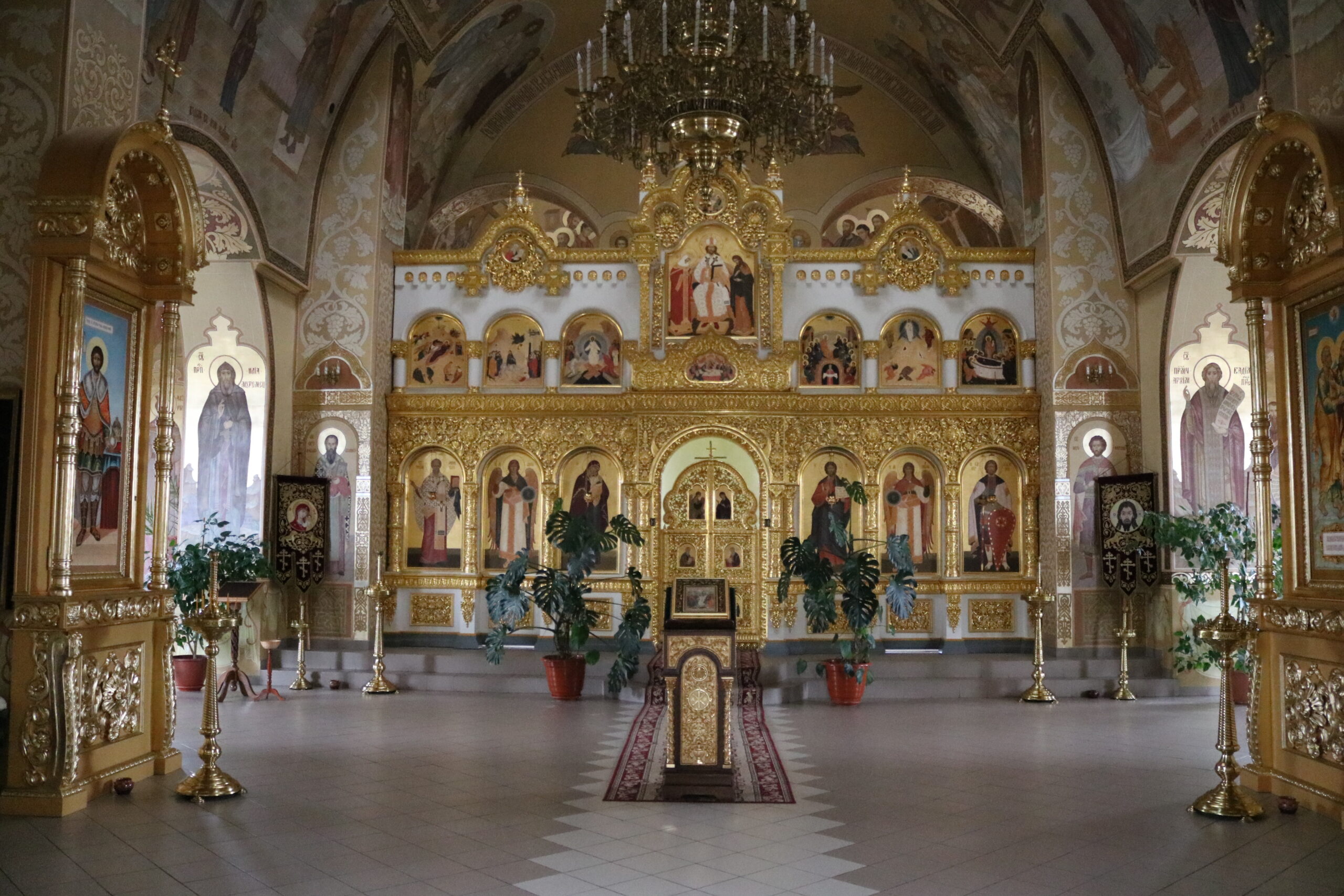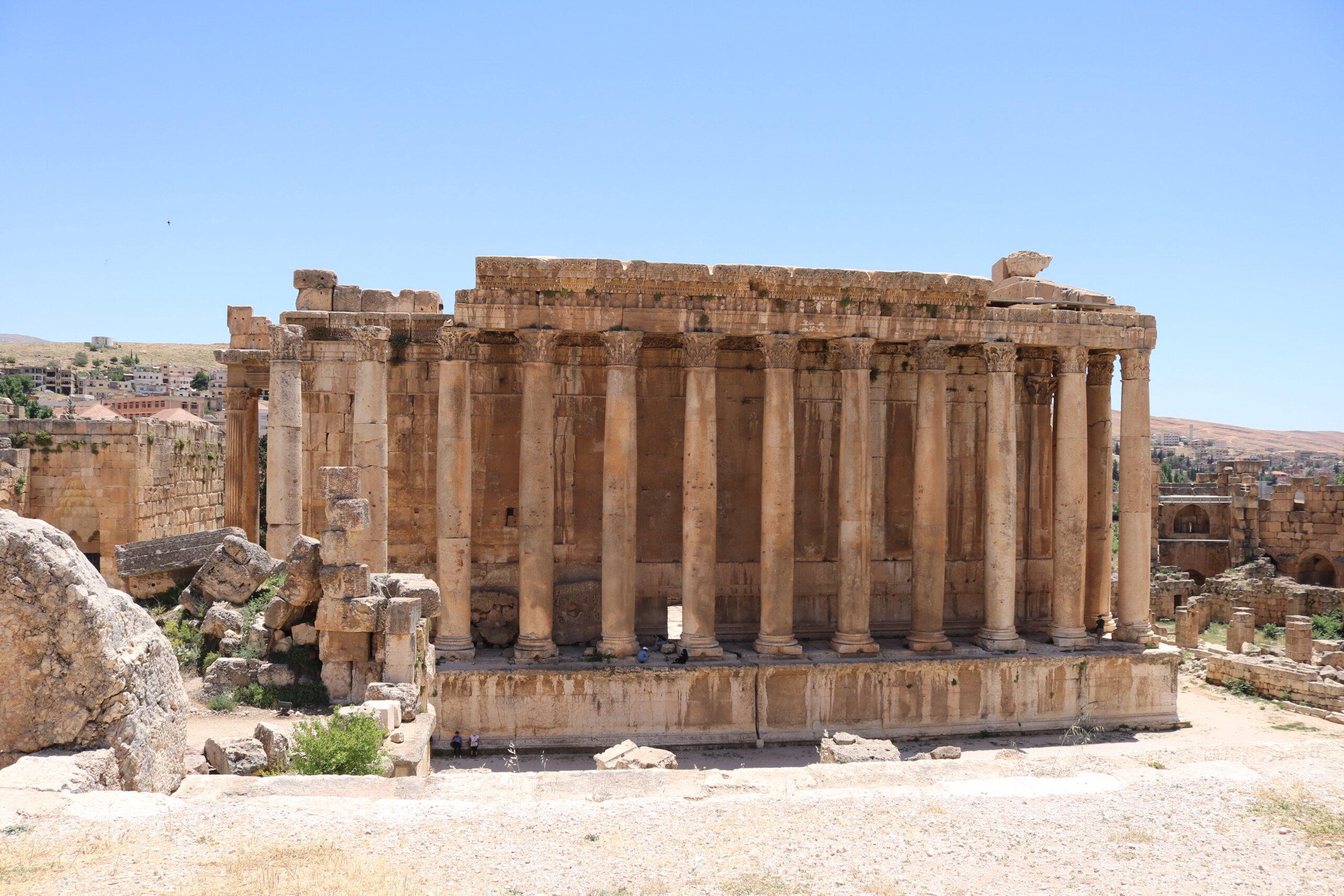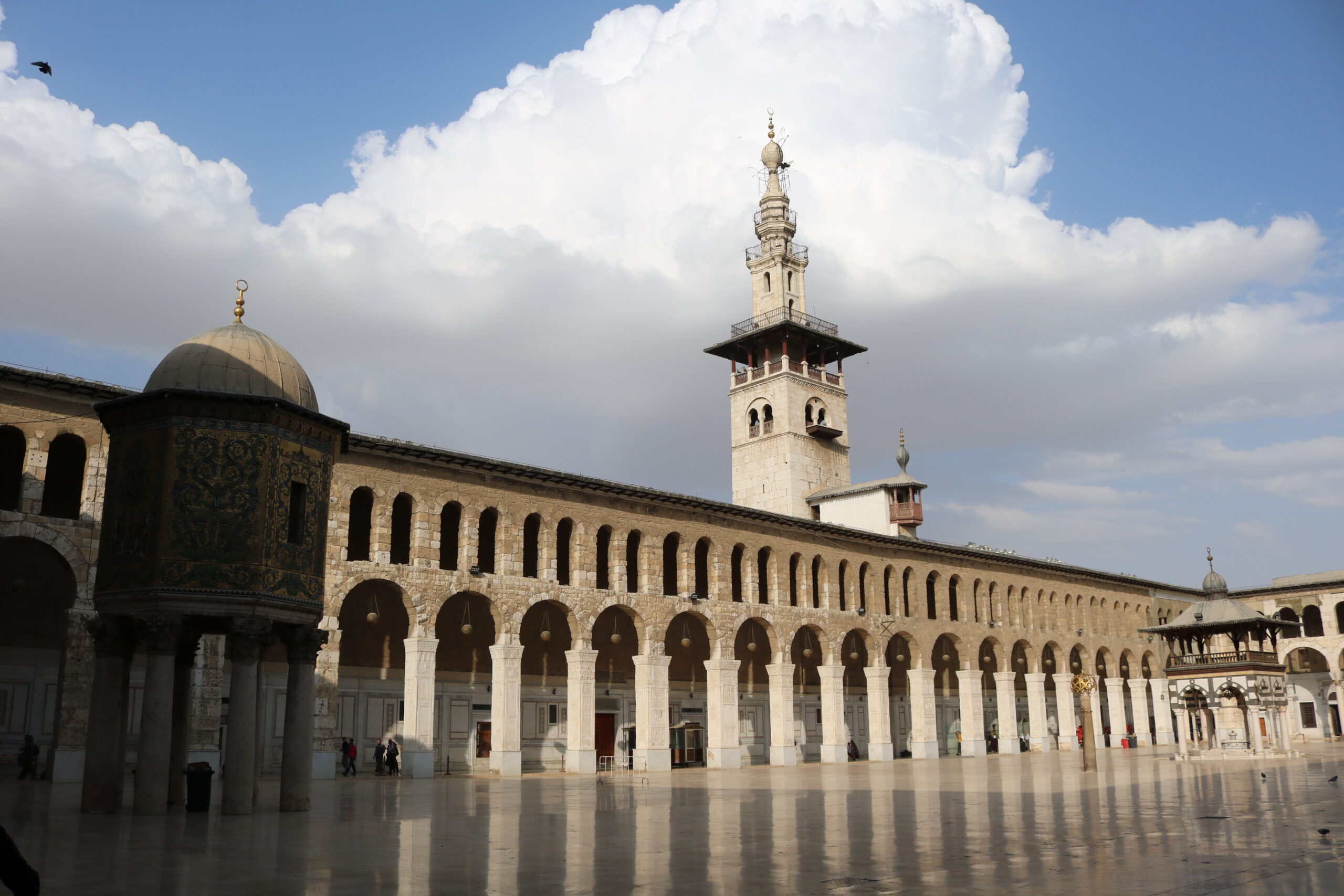Iraq
Iraq, officially known as the Republic of Iraq, is a country located in the Middle East, bordered by Turkey to the north, Iran to the east, Kuwait to the southeast, Saudi Arabia to the south, Jordan to the southwest, and Syria to the west. Its capital and largest city is Baghdad.
Iraq is also known for its rich history, including being part of ancient Mesopotamia, one of the cradles of civilization. It has seen the rise and fall of several empires, including the Sumerian, Akkadian, Babylonian, and Assyrian civilizations. In modern times, Iraq was part of the Ottoman Empire until World War I, after which it came under British control until it gained independence in 1932.
Economy: Iraq’s economy is primarily dependent on its vast oil reserves, which are among the largest in the world. The country also has significant natural gas reserves. However, political instability, conflict, and corruption have hindered the development of other sectors of the economy.
Politics: Iraq is a federal parliamentary republic. Since the fall of Saddam Hussein’s regime in 2003, Iraq has undergone significant political changes, including the drafting of a new constitution and the holding of multiple elections. However, the country has also faced ongoing challenges related to sectarian tensions, terrorism, and political instability.
Recent history: Iraq has faced significant challenges in recent decades, including the Iran-Iraq War in the 1980s, the Gulf War in 1990-1991, and the Iraq War in 2003, which led to the overthrow of Saddam Hussein’s regime. Since then, the country has experienced insurgency, sectarian violence, and the rise of extremist groups such as ISIS (Islamic State of Iraq and Syria). Efforts to stabilize the country and rebuild infrastructure have been ongoing, albeit with varying degrees of success.
Culture: Iraqi culture is influenced by its ancient history, Islamic heritage, and Arab traditions. It has a rich literary, artistic, and culinary heritage, with contributions to fields such as poetry, music, architecture, and cuisine.
Despite its challenges, Iraq remains a country with a resilient population and significant potential for development and growth.
Quick facts
Capital: Baghdad (Iraq)
Capital: Erbil (Iraqi Kurdistan)
Population: 42 million
Iraq has a diverse population consisting primarily of Arabs and Kurds, with smaller communities of Turkmen, Assyrians, and other ethnic groups
Official language: Arabic is the official language of Iraq, while Kurdish is also widely spoken, particularly in the northern regions
Area: 437,072 km²
Visa
An individuals hold of a valid US passports or any of passports of this countries (UK, China, Russia, French Republic, EU countries, Canada, Switzerland, Australia, New Zealand, Japan and South Korea) are granted a visa to Iraq upon arrival through the border crossings (land, air, and sea) and the visa shall be valid for a period of (60) days from the date of arrival, taking into account the general conditions related to the applicable health and safety conditions upon arrival.
Cost: $80
Money
The official currency of Iraq is the Iraqi Dinar, abbreviated as IQD.
Travelers visiting Iraq should familiarize themselves with the current exchange rates and consider using official exchange services or reputable banks to exchange their currency. It’s also advisable to exercise caution when carrying large amounts of cash and to be aware of security conditions in the country.
It is adisable to bring large banknotes ($50 or $100) to get a better rate.
Is Iraq safe?
I must to say that Iraq today is one of the safest countries in Middle East. I think people should be more cautious when travelling to Syria, where ISIS still presenting.
Ultimately, the decision to travel to Iraq should be carefully considered based on your individual circumstances and risk tolerance. It’s advisable to seek advice from experienced travelers, security experts, and official sources before making travel plans to Iraq.
You will be surprised how calm and peaceful towns and cities are. That no one would touch or offend you. You will feel like at home, surrounded by hospitable people. The atmosphere is very relaxed.
As a female traveller I was walking with my camera or phone in my hand and no one was stopping me or asked any questions.
Most people were curious where we came from, not many spoke English but we understood each other 🙂
I felt very safe and I would recommend people to come and visit Iraq.
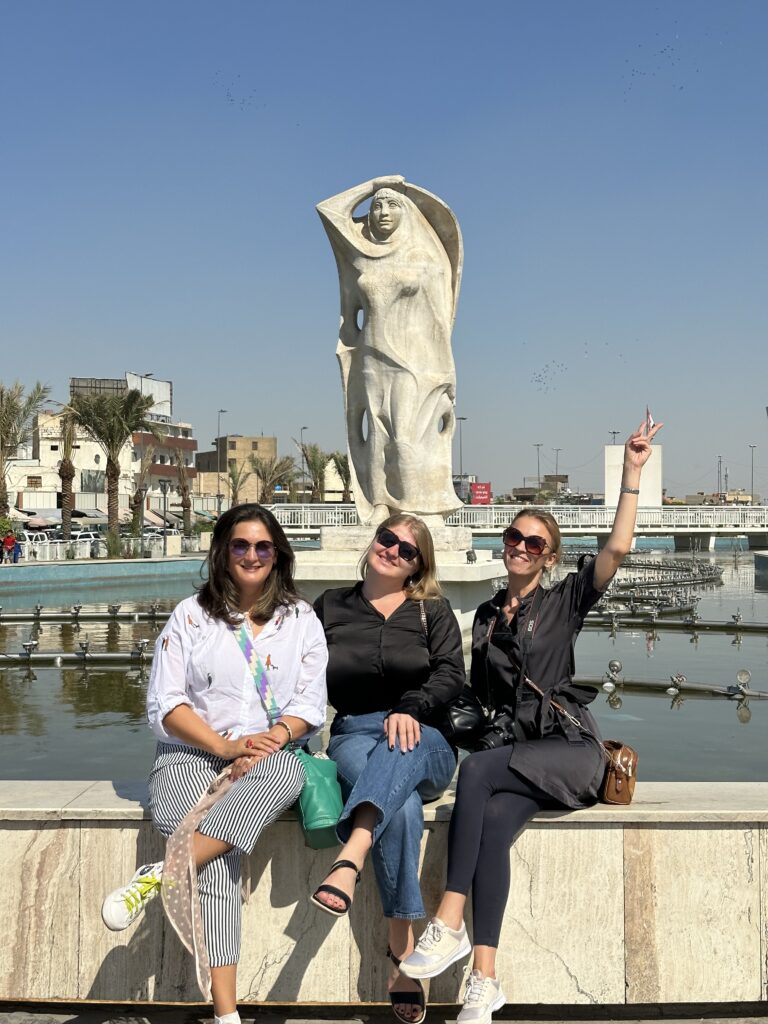
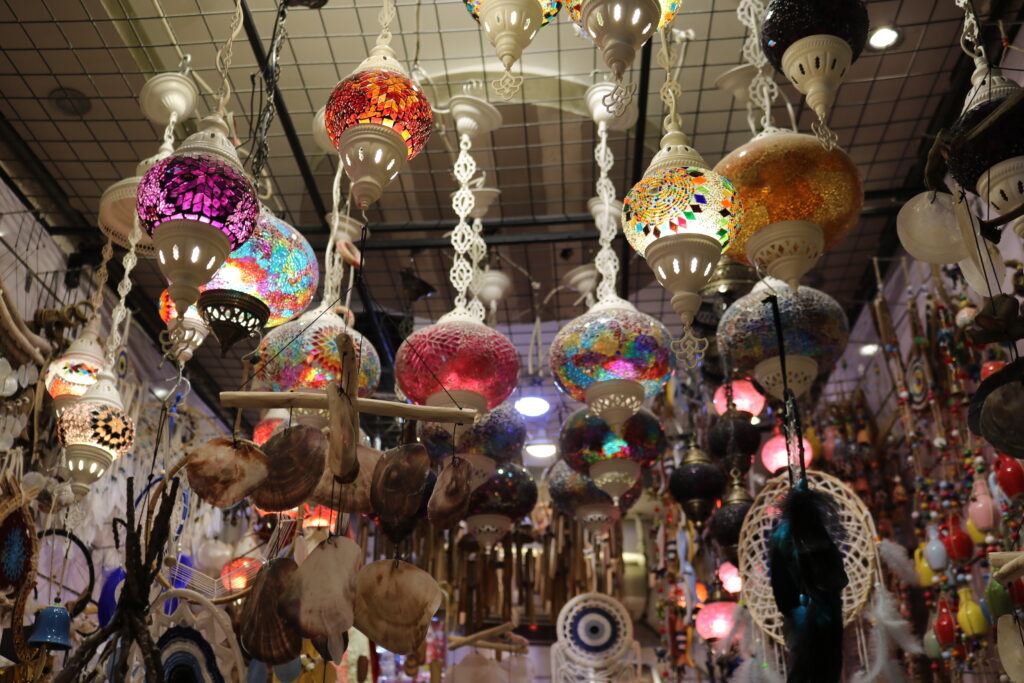
Must-see places in Iraq
Iraq is a country with a rich cultural and historical heritage, offering many fascinating attractions for visitors despite the security challenges it faces. Here are some must-see places in Iraq:
Baghdad: The capital city of Iraq, Baghdad is one of the oldest continuously inhabited cities in the world and has a rich history. Visitors can explore landmarks such as the Al-Mustansiriya School, the National Museum of Iraq, and the Baghdad Tower.
Erbil Citadel: Located in the city of Erbil (also known as Hewler), the Erbil Citadel is a UNESCO World Heritage Site and one of the oldest continuously inhabited settlements in the world. It offers a glimpse into the region’s ancient history and architecture.
Hatra: Another UNESCO World Heritage Site, Hatra is an ancient city dating back to the 2nd century BCE. It was the capital of the Kingdom of Hatra and is known for its well-preserved ruins, including temples, walls, and statues.
Nimrud: Also known as Kalhu or Kalakh, Nimrud is an ancient Assyrian city located near the modern city of Mosul. It was once the capital of the Neo-Assyrian Empire and is home to impressive archaeological remains, including the Northwest Palace and the famous Nimrud Ivories.
Ur: Considered one of the earliest cities in human history, Ur is located near the modern city of Nasiriyah in southern Iraq. It was an important Sumerian city-state and is associated with the biblical figure Abraham. Visitors can explore the Ziggurat of Ur and the Royal Cemetery.
Basra: Iraq’s second-largest city, Basra is located in the southern part of the country near the Persian Gulf. It has a long history as a major port city and offers attractions such as the Basra Museum, Basra Sports City, and the Shatt al-Arab waterfront.
Marshes of Mesopotamia: The Mesopotamian Marshes, located in southern Iraq near the confluence of the Tigris and Euphrates rivers, are a unique ecosystem and cultural heritage site. Visitors can explore the marshlands by boat and learn about the traditional Ma’dan way of life.
Samarra: This ancient city, located north of Baghdad, is known for its archaeological sites, including the Great Mosque of Samarra with its iconic spiral minaret. Samarra was the capital of the Abbasid Caliphate during the 9th century and is a UNESCO World Heritage Site.
While these are some of the notable attractions in Iraq, travelers should exercise caution and stay informed about security conditions before visiting.
